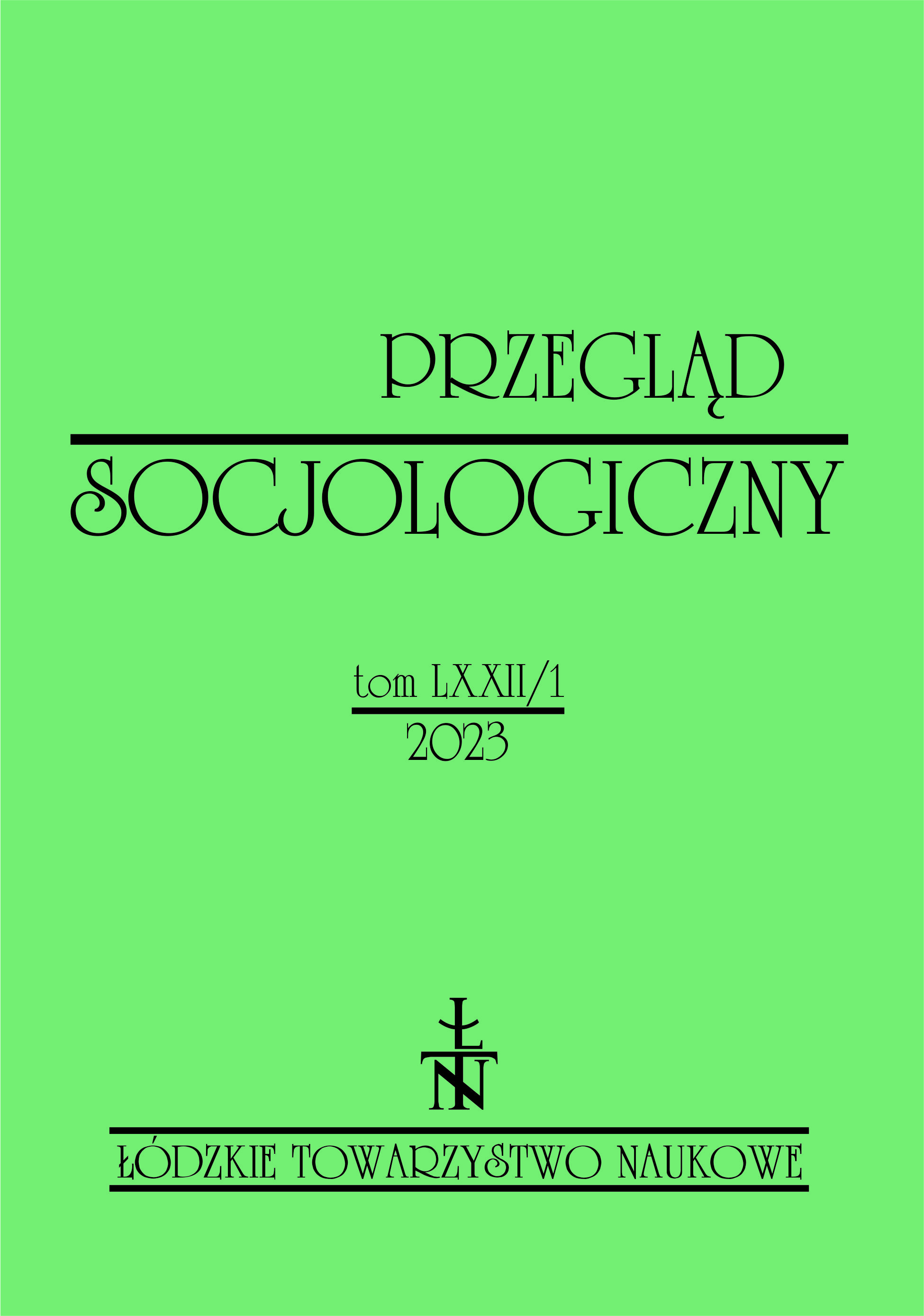KONIUNKTURALIZM EPISTEMICZNY, SPEKULACJE I SZABLONY POJĘCIOWE. KILKA WNIOSKÓW
Z OPOWIEŚCI O MIEJSKIEJ „PODKLASIE”
EPISTEMIC BANDWAGONS, SPECULATION, AND TURNKEYS. SOME LESSONS FROM THE TALE OF THE URBAN ‘UNDERCLASS’
Author(s): Loďc WacquantSubject(s): History and theory of sociology, Evaluation research
Published by: Łódzkie Towarzystwo Naukowe
Keywords: Underclass; Bourdieu; Koselleck; concept formation; epistemic reflexivity;
Summary/Abstract: Drawing on the Begriffsgeschichte of Reinhart Koselleck and the reflexive sociology of Pierre Bourdieu, my book The Invention of the “Underclass” draws a microhistory of the birth, diffusion, and demise of this racialized folk devil at the intersection of the academic field, the journalistic field, and the politics-policy-philanthropic field. This history illuminates the politics of knowledge about dispossessed and dishonored categories in the metropolis and suggests three notions that can help researchers parse the use and abuse of other social science constructs and thus practice better conceptual hygiene: lemming effects (illustrated by the wild rush to deploy “diaspora”), conceptual speculative bubble (as with “racial capitalism”), and turnkey problematics (such as the “resilient city” and the “creative city”). I discuss the factors that foster the development of epistemic bandwagons, speculation, and turnkeys, and specify the criteria that make for a robust concept in terms of semantics (clarity and neutrality), logics (coherence and type-specificity), and heuristics (empirical adequacy and theoretical productivity).
Journal: Przegląd Socjologiczny
- Issue Year: 72/2023
- Issue No: 1
- Page Range: 9-23
- Page Count: 15
- Language: Polish

